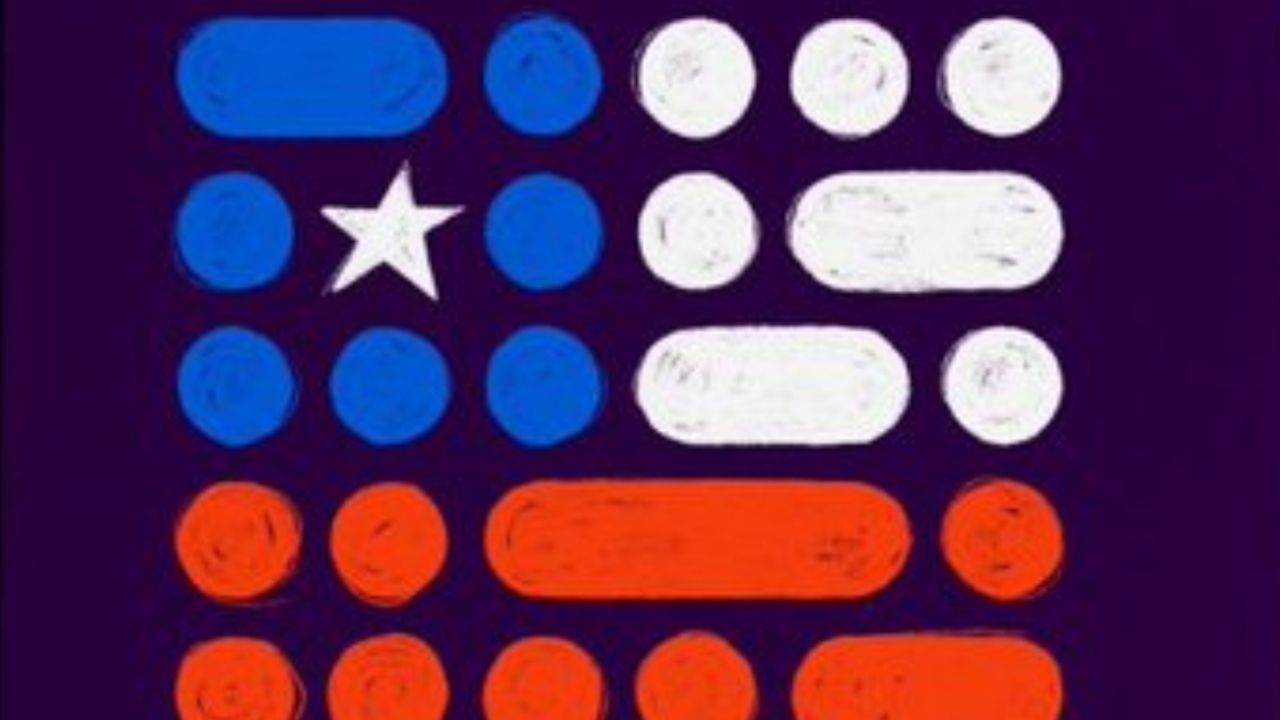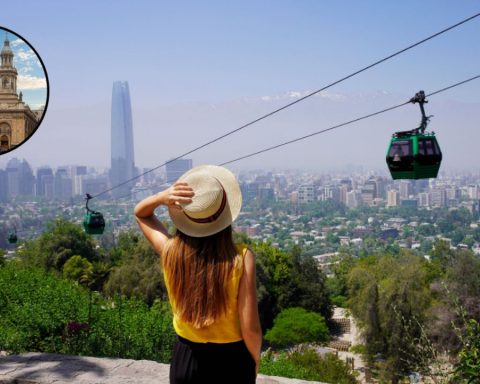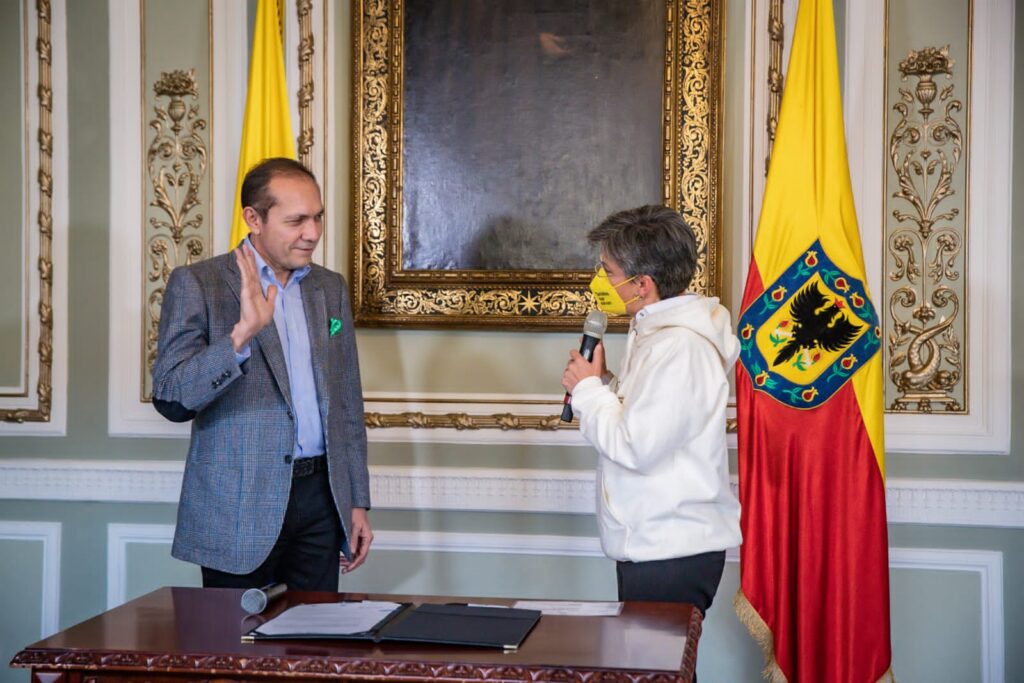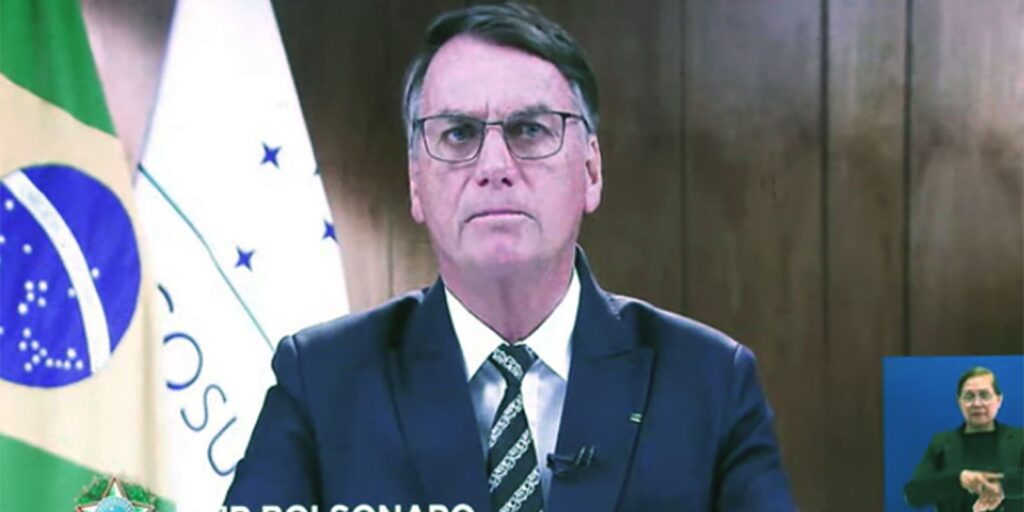After a year of work, the Convention completed its work and presented the final proposal for new constitutionLast monday July 4th. The draft constitutional text consists of 388 items Y 56 transitional provisions. The latter are the ones that will regulate the implementation and entry into force of the new Constitution if it is approved.
In this context, and with a view to the rectifying plebiscite of the next 4th of Septemberacademics from the University of Chile reflected on the challenges in science and research that are evident in the proposal, raising differences with the text that currently governs our life in society.
For him researcher and sociologist specializing in education at the University of Chile, Victor Orellanathe Constitution current (1980) promotes a “excessively formal conception of research”which would not allow a substantive development of the various disciplines.
“The new Constitution establishes normative and ethical guidelines for research, guarantees freedom for researchers, their edifying relationship with nature, and the need to guide it towards comprehensive development. This, linked to the institutional advances for the reconstruction of public higher education, lays the groundwork for a shift in the research field, overcoming the current formalism of generic indicators”he points out.
Experts from the house of studies state that the proposal of the Convention, considers in its different articles the duties of the State and the guarantees for the full development of research in Chile, seeking to address the challenges that this work presents.
Among the challenges currently facing research in the country is the monodisciplinary approach. For Julian Corteslawyer from the University of Chile and coordinator of Teaching in the Energy Poverty Network (RedPE), “There is a methodological problem in how research projects are proposed and how research centers are generated. We have not generated adequate frameworks to move towards more interdisciplinary or even transdisciplinary paths”.
“If one believes or understands that today’s society is a complex system and we have complex problems, problems have to be raised from this complexity. And that implies transcending the disciplinary frameworks a little and generating the channels so that in some way among different specialists we have a common language to cover it more broadly”added the Academic.
The deputy director of School of Public Health of the University of Chile and member of the steering committee of the Transdisciplinary Group for Population Obesity, Dr. Lorena Rodríguezindicated that among the challenges facing research in the country are that of influencing the management of public policies and that of linking with the environment and the communities to understand and comprehensively cover the problems.
“Understanding what the barriers are from those who live them is completely different from thinking about it between four walls. So, as a challenge in research, on the one hand, to connect with the population, with the communities, with their problems and how they experience them. And, on the other hand, that the results of the investigations are designed to influence public policies and generate new research edges”ended.
Broadly speaking, the new constitution raises the protection and guarantees the freedom of research, considering this work as one of the main tasks of higher education institutions, along with teaching. In turn, the text proposes that the State has the duty to “stimulate, promote and strengthen the development of scientific and technological research in all areas of knowledge”this in order to achieve cultural enrichment and improve the living conditions of all.
In this way, the proposal also includes the task of the State to generate in an independent and decentralized manner the necessary conditions for the development of transdisciplinary scientific research.
About, lorraine rodriguez indicated that the proposal “It is a great advance for the development of research” when setting these parameters. In addition, he pointed out the importance of considering it as a collaborative and transdisciplinary work.
“This is not like the academy has all the answers, but rather it is one more actor in the development of the answers together with the whole society and with the exchange of knowledge. (…) One of the important roles of the academy is the link with the environment and I believe that it must be given a lot of strength to fulfill teaching and research roles. They are not independent roles.Rodriguez concluded.
















